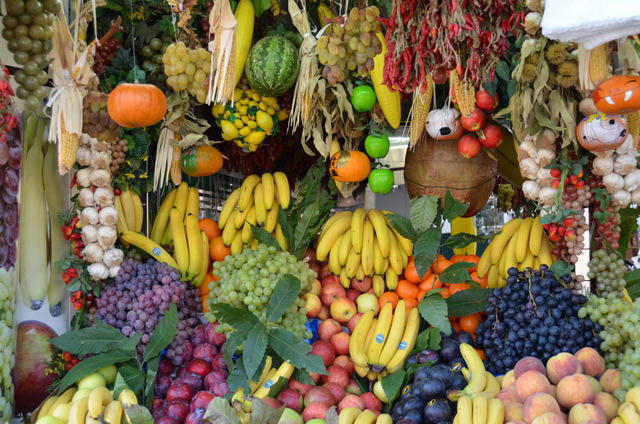UK food poverty blamed for 19% rise in malnutrition cases

The number of Brits admitted to hospitals since last year for malnutrition has increased by staggering 19%, according to a new report released by the Faculty of Public Health (FPH).
The faculty blames the rise in UK food prices by 12% and decline in UK workers’ wages by 7.6% since 2007 as the main reason behind the situation.
Vice president of FPH John Middleton told the BBC: “It’s getting worse because people can’t afford good quality food. It’s getting worse where malnutrition, rickets and other manifestations of extreme poor diet are becoming apparent.”
Figures released by the Health and Social Information Centre showed the number of patients admitted to hospitals under malnutrition in England and Wales has risen from 5,469 to 6,520 over the past year.
Malnutrition is a condition that results from lack of intake of proper diet. The most common symptom of malnutrition is rapid weight loss. Other signs may include muscle weakness, lack of energy, constant tiredness, increase in illness, delayed wound healing, frequent infections, changes in behaviour, persistent diarrhoea, depression, irritability and poor concentration.
Health experts suggest one the easiest methods to assess whether you are suffering from malnourishment is to measure your body mass index (BMI). For most adults a healthy BMI should be between 18.5 to 24.9, a figure less than 18.5 could indicate malnutrition.
The faculty wrote an open letter to the prime minister David Cameron in May 2014 and urged to access the problem of rising food prices, failing wages and the use of food banks which has forced some to resort to extreme measures of shoplifting.
Shocking 163% rise in food banks was reported earlier this year with over 900,000 people accessing the facility in the UK.
The report suggests that food poverty stems from “inequality of diet, diseases related to poor diet, socioeconomic status, geographical region and ethnicity”. It also links poor diet with anti-social behaviour and discloses that some turn to shoplifting under difficult situations which has lead to a dreadful rise by almost 1,000 cases in food theft in the last three years.
Food tops chart as the most likely item to be stolen followed by alcohol and cosmetics across the country. The numbers released by the Essex and Devon and Cornwall police in April 2014 showed increase in shoplifting cases from 2,290 to 2,752 and 2,343 to 3,308 in the last three years respectively.
Both government and non-profit organisations have been running numerous schemes such as the Kellogg’s Holiday Breakfast Club, the Fun and Food in School Holiday, the Ashram Housing Association’s Holiday Kitchen to help support families feed their children through summer holidays.
Government has implemented the School Fruit and Vegetable scheme and made it compulsory for schools to offer fruit and vegetables to children for lunch. Following the recommendation of WHO the Department of Health introduced five-a-day campaign in the UK a decade ago. The programme has had fair results with people meeting their target to consume at least five portions of fruit and vegetables each day.
However, a survey of 2,444 adults conducted by the British Heart Foundation in April this year found “a third of UK adults struggle to afford healthy food”. 39% Brits disregarded health benefits to save costs when grocery shopping. One in four could not afford to buy a single portion of fresh fruit or vegetable in a single week and two-third wanted to eat healthy but could not afford healthy food due to high rates.
Aastha Gill
Photo: Aastha Gill

























Facebook
Twitter
Instagram
YouTube
RSS